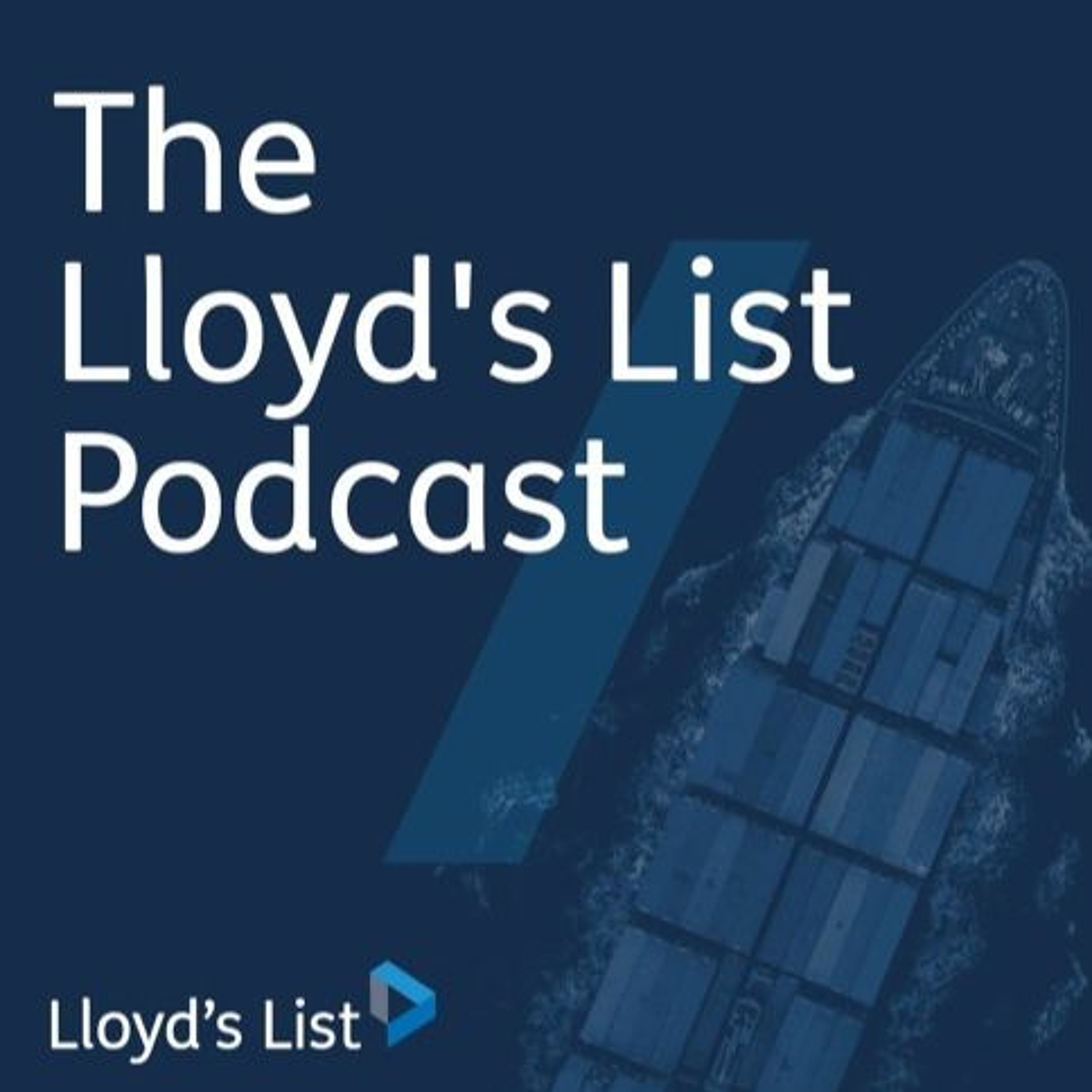
The Lloyd’s List Podcast: The unintended consequences of sanctions
 2024-07-12
2024-07-12
Download
Right click and do "save link as"
The explosion of sanctions have demanded a compliance sea change from the marine insurance sector. But despite the rapid pace of investment to keep up, P&I Clubs have found themselves struggling to enforce an increasingly unenforceable regime.
The flawed nature of the oil price cap regime is hardly news. But while the rest of the industry get to criticise from the sidelines it is the P&I Clubs who have been left to walk a precarious regulatory tightrope.
The clubs have been politely telling government and industry for some time now that it is not for them to determine what should or should not be considered a lawful trade. And yet government and industry are increasingly looking to them for answers and enforcement they cannot provide.
This is not just a problem for the P&I Clubs to deal with alone. The main catalyst for the growth of the dark fleet is not so much ships removed from International Group Clubs then moving to less reputable insurers, though clearly that does happen. Rather it is because of the oil price cap regime that new operators are specifically establishing themselves with a corporate structure which does not rely on G7 Coalition service providers at all and thus puts them, perfectly legitimately, beyond the scope of the oil price cap sanctions.
That also typically means the use of low-quality flags and class plus insurance that is probably illusory in the event of an incident.
Discussing the unintended consequences of sanctions on the podcast this week:
Tony Paulson, head of Asia & corporate director at the West of England P&I Club
Daniel Tadros, chief operating officer at the American Club
Capt. Rahul Khanna, global head marine risk consulting, Allianz
view more
More Episodes
012345678910111213141516171819
Create your
podcast in
minutes
- Full-featured podcast site
- Unlimited storage and bandwidth
- Comprehensive podcast stats
- Distribute to Apple Podcasts, Spotify, and more
- Make money with your podcast
It is Free
- Privacy Policy
- Cookie Policy
- Terms of Use
- Consent Preferences
- Copyright © 2015-2024 Podbean.com






